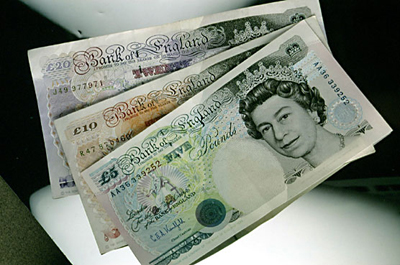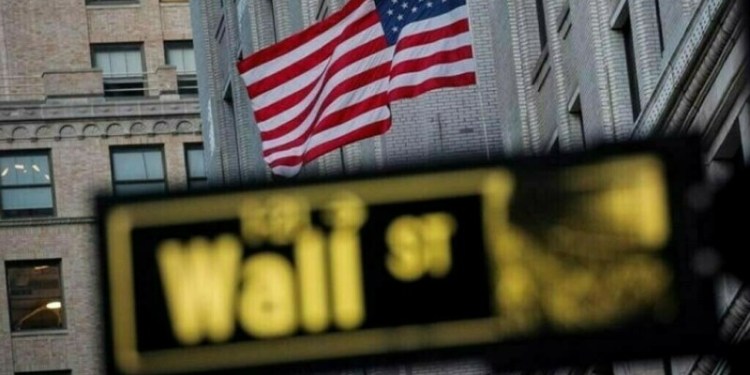Tuesday, 24 March 2015 20:13
 LONDON: Sterling fell to a one-month trough against the euro on Tuesday, hurt by data that showed British inflation dropped to zero last month, its lowest since records began, bolstering expectations that British interest rates will stay low.
LONDON: Sterling fell to a one-month trough against the euro on Tuesday, hurt by data that showed British inflation dropped to zero last month, its lowest since records began, bolstering expectations that British interest rates will stay low.
Sterling fell 0.5 percent to 73.715 pence per euro, its lowest since Feb 23, while against the dollar it shed 0.5 percent to $ 1.4874, having traded at $ 1.4945 before the data was released.
Analysts said the number might further push out expectations of when interest rates would rise from their record lows. Currently, investors are factoring in the chance of a first rate hike in mid-2016, having pushed it back from early 2016 last week.
“UK CPI falling dangerously close to deflation territory during February will no doubt strengthen the Bank of England’s already tough views on weak price pressures,” said Jameel Ahmad, chief markets analyst at FXTM.
“Interest rate expectations have already been widely pushed back anyway until next year. Those interested in when the BoE might raise interest rates will have to keep a close eye on how long it takes for CPI to bounce back into stronger positive territory.”
BoE Chief Economist Andy Haldane said last week the bank should be ready to cut rates further if inflation looked likely to stay below its 2 percent target. The next policy move was as likely to be a cut in rates as a hike, he said.
Those comments echoed a cautious tone from the BoE’s monetary policy committee in minutes from its latest meeting released last Wednesday, where members flagged the impact of a strengthening pound on inflation.
“I expect interest rate expectations to track down lower over the next month. That should see the pound weaken further against the dollar but against the euro, sterling can still strengthen,” said Adam Myers, European head of FX strategy at Credit Agricole in London.
“While BoE interest rate expectations will moderate over the next few months, ECB policy expectations could moderate further than the UK ones and there are the additional risks surrounding Greece which should amplify the pressure on euro/sterling.”
The euro was lifted by robust regional business surveys after the European Central Bank started printing money to spur growth. The Eurozone Composite Flash Purchasing Managers’ Index (PMI) jumped to a near four-year high of 54.1 from February’s 53.
Ten-year British government bond yields briefly touched their lowest level in almost seven weeks at 1.479 percent during early trading, but recovered after data showed U.S. consumer prices rebounded in February. At 1447 GMT, the 10-year gilt yield was flat on the day at 1.51 percent.
Copyright Reuters, 2015


























